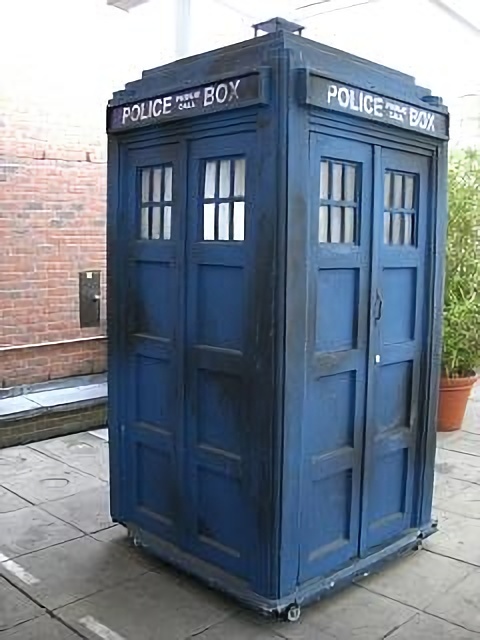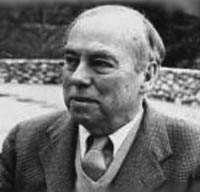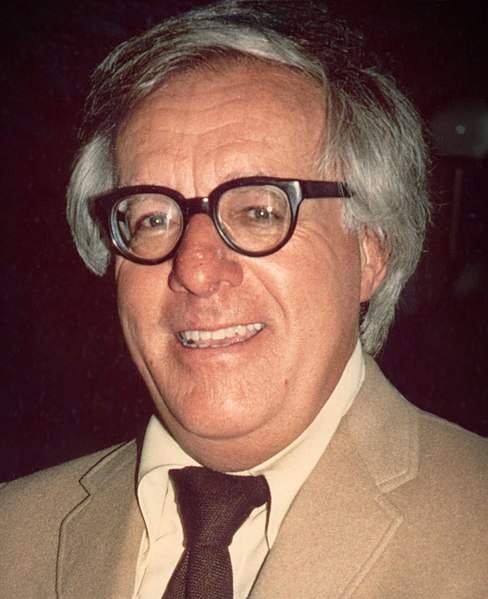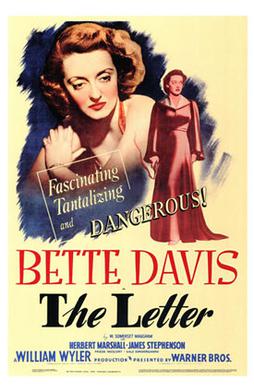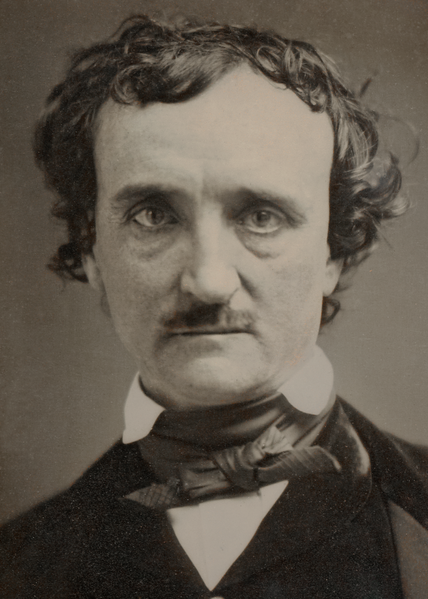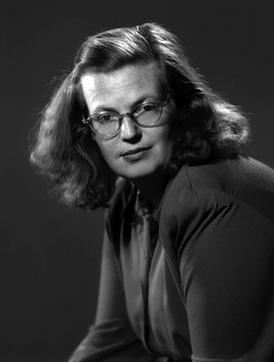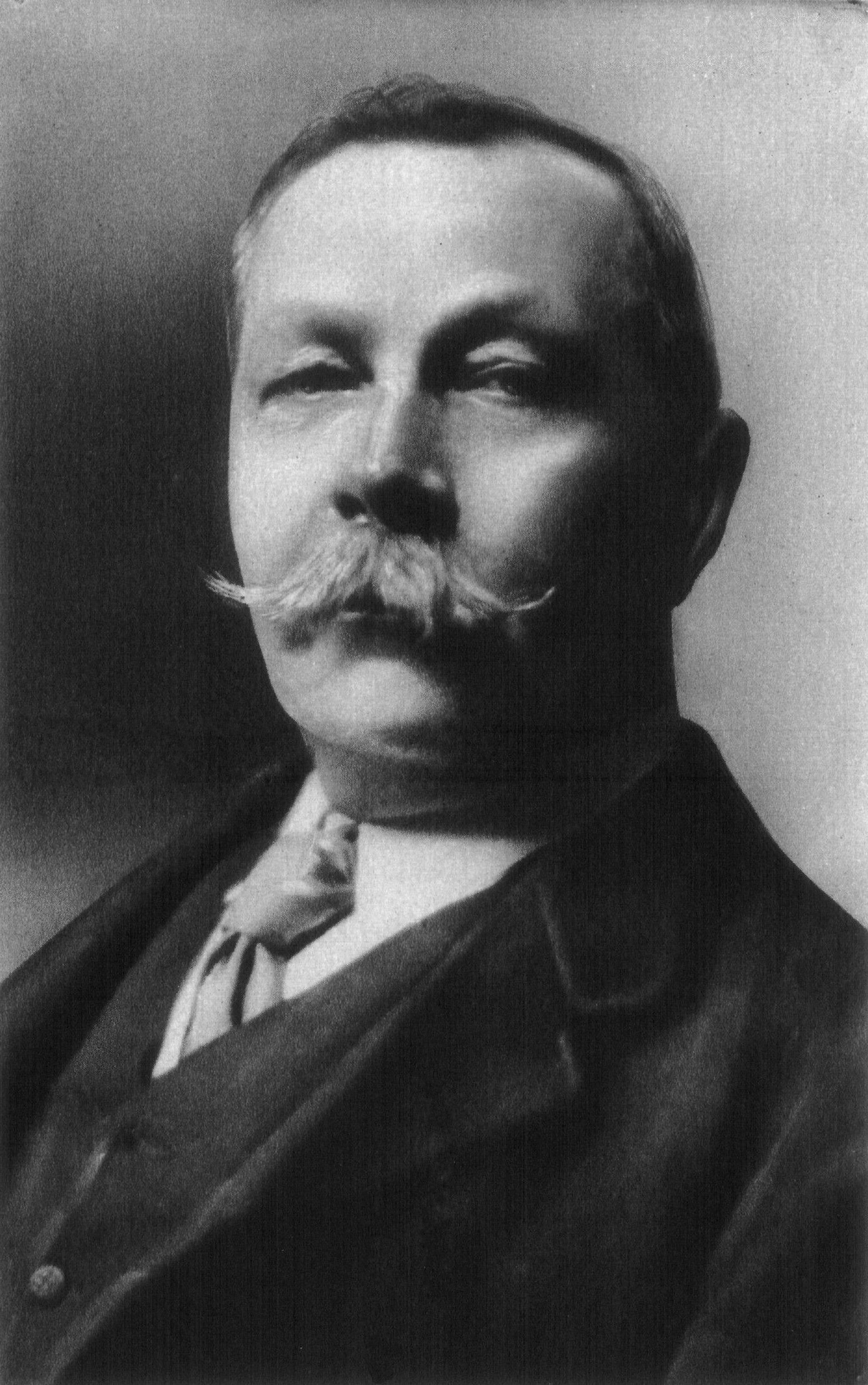I’ve been obsessed lately with sticking to a decent writing schedule, and still having some semblance of family life. How do you pull it off? To find out, I’ve been collecting anecdotes about writers who came before us. Alas, their stories tend not to be terribly helpful because the times in which they worked and their personal circumstances are so varied. But they are nevertheless inspirational.
Back in the 1930s, when radio was still in its infancy and print was king, a writer we all know adhered to a solid schedule for producing and selling short stories. His writing regimen is a matter of record, enshrined in a collection called Selected Letters of William Faulkner.
At the time, writing “good” stories for magazines earned Faulkner between $300 to $400 per story, so if he could stick to this schedule, he could support himself and his widowed mother on $1,200 to $1,600 a month.
That money was decent for Depression-era Mississippi, but it was still tight. When his father died, he tells a correspondent in 1932, Faulkner’s mother had just enough money to live on for a year. After that, her support fell entirely on Faulkner’s shoulders. And he could never rule out the possibility that his brothers and wider circle of kin would hit him up for money.
He experimented with ways to earn more. By 1934, he was working on two novels and still maintaining his weekly short story output. He tried upping his short story output to two stories a week, but found that exhausting. If a check from a magazine editor ran late, he mortgaged one of his late father’s mules, mares, or colts to tide him over. (Note to self: Joe, what is your horseflesh back-up plan?)
Then he hit upon a genius plan: He would crank out six—count ’em, six!—short stories aimed at the Mac Daddy of American magazines, The Saturday Evening Post. If they bought all six of these “pot boilers,” he would raise $6,000, enough money to live on for six months while he wrote another book. But the plan failed. The Post bought only one of those stories, and Faulkner—who would win the Pulitzer, the National Book Award, and a Nobel in his lifetime—despaired because in his mind the remaining five stories were fit only for the trash. He seemed to believe that The Post bought lesser stories that other magazines wouldn’t touch.
Another time, agent Harold Ober told him—either by mail or by phone, I forget which—that he would try to sell a story to The Post if Faulkner made some changes. Faulkner agreed, then told Ober to air-mail him back the damn story because he didn’t make a carbon copy.
Well, crap, we know that it would not do to wait, right? Our man needed cash and he needed it now. So what did he do? He rewrote the story from memory, incorporating Ober’s requested edits, and mailed it off so it could get in the pipeline and he could get his check that much quicker.
The story was “The Bear,” a hunting novella that is found in every high school and college anthology. The Post published that “pot boiler” in 1942.
That is the real point: The story that teachers and professors celebrate as a work of genius, fit for days of analysis, was written to stave off hunger, bills, and the loss of another mule.
In his lifetime, Faulkner wrote 125 short stories, possibly more. Fitzgerald wrote 181. Hemingway wrote 70, the slacker.
Another writer returned stateside after World War II and cranked out 800,000 words in his first four months out of the Army. He worked 80-hour weeks, amassing 1,000 rejections. He never had fewer than 20 to 30 short stories in the mail. Eventually, John D. MacDonald sold 600 stories, and launched a career writing mystery novels. If his early output figure is correct, he wrote just under 7,000 words a day during those critical four months.
Like I say, that’s an amazing story of one’s dedication to craft but not terribly helpful to a guy who is looking for lessons in the realm of life/work balance. MacDonald lost 20 pounds sticking to this regimen. If the purpose of writing is to earn one’s bread, he was doing it wrong.
Let’s see…who else have I got here? Nathaniel Hawthorne, another darling of school anthologies, calculated that he could only write about 10 to 12 short stories a year–about one a month. If he could manage to sell them for $25 each, he could support his family. Getting $25 a story was feasible but difficult in pre-Civil War America. It forced him to be exceedingly choosy about which publications he submitted to. Philip K. Dick wrote 121 short stories, and I’m sure every single one of them will eventually be made into a movie. The Canadian writer Mavis Gallant sold 116 short stories to The New Yorker. Our genre’s Ed D. Hoch wrote 950 short stories.
One of my favorite true stories concerns an American writer whose eyesight was so bad the military would not enlist him to fight in World War II. Hence, his creative adolescence, during which he sold his first few stories, extended well into his adulthood. He lived with his parents in Los Angeles until he married at 27.
Every week, he adhered to the following schedule.
“On Monday morning I wrote the first draft of a new story. On Tuesday I did a second draft. On Wednesday a third. On Thursday a fourth. On Friday a fifth. And on Saturday at noon I mailed out the sixth and final draft to New York. Sunday? I thought about all the wild ideas scrambling for my attention…”Even at that young age, the writer, Ray Bradbury, had begun to trust his imagination. The more he wrote, the more ideas came. Even though he lived at home, he was driven by an intense work ethic.
“There was another reason to write so much: I was being paid twenty to forty dollars a story, by the pulp magazines. High on the hog was hardly my way of life. I had to sell at least one story, or better two, each month in order to survive my hot-dog, hamburger, trolley-car-fare life.“In 1944 I sold some forty stories, but my total income for the year was only $800.”
One technique that served him well was to draw up long lists of story ideas. He’d write down the word “the” followed by a noun, usually something from childhood that scared or fascinated him. One list might have looked like this, he tells us:
In essays he later wrote about his process, he attributed his success to his early consumption of poetry and short stories. Those twin loves trained him to sharpen his prose, to bake economy into every sentence.
Short stories were his early bread-and-butter. It’s believed he wrote 400 of them, but at first glance they were useless in helping him land his first book deal.
In June 1949, he took a Greyhound Bus to New York, where he made the rounds of book editors, all of whom inquired if he’d written a novel. He hadn’t, and they could not care less about his stories. Even then, the world of New York publishing greeted a collection of shorts by a single writer the way one would welcome a shoebox filled with a three-day-old catfish.
He finally met with an editor at Doubleday, the friend of a friend, who cheerfully announced, “I think you’ve already written a novel.” The editor explained what he meant: Wasn’t there a common thread in the series of stories Bradbury had written for several years on the topic of Mars?
Why, yes, Ray said. He wrote them like that because he was so moved by Sherwood Anderson’s novel in stories, Winesburg, Ohio. Ray had never confided that inspiration to anyone and he certainly never thought of collecting his Mars stories in a book.
The editor requested an outline. Bradbury hurried back to the YMCA where was staying, stripped to his underwear, and pounded on his typewriter in the sweltering heat until 3 AM.
The next morning, the delighted editor offered him a contract and a check. “Now that we’re publishing your first ‘novel,’ we can take a chance on your stories, even though such collections rarely sell. Can you think of a title that would sort of put a skin around two dozen different tales—?”
The “skin,” or framing device, of that 18-story collection was the story of a carnival refugee whose extensive tattoos spring to life, thus engendering each of the tales in the book.
So the first two books Bradbury ever published were fashioned entirely of short stories. The “novel” was The Martian Chronicles, the collection was The Illustrated Man. He triumphantly returned to his wife in Venice, California, with two checks totaling $1,500 (about $20,000 today). The sale of those two books gave the Bradburys enough money to pay their rent for a year, finance the arrival of their first daughter, and help with a down payment on their first house.
The following spring, Ray needed to find a quiet place to write and couldn’t afford an office. He escaped to the basement of the UCLA library, where he rented a desk-mounted typewriter for 10 cents per half hour. You put your money in, a clock ticked away, and you typed furiously to get as much of your money’s worth as possible in those 30 minutes before the machine bricked.
In nine days Ray had the first draft of a manuscript. He thought it might become a novel, but it was still too short, only 25,000 words. He would eventually expand the story to a whopping 45,000 words. It only cost him $8.90—about 44.5 hours—to bring Fahrenheit 451 to life. Considering it has sold 10 million copies, I think we can all agree that the dimes were well spent.
THE LAKE. THE NIGHT. THE CRICKETS. THE RAVINE. THE ATTIC. THE BASEMENT. THE TRAPDOOR. THE BABY. THE CROWD. THE NIGHT TRAIN. THE FOG HORN. THE SCYTHE. THE CARNIVAL. THE CAROUSEL. THE DWARF. THE MIRROR MAZE. THE SKELETON.From there, he picked one of those ideas and let his subconscious take over. By the time he ran those personal memories through his process, he had a fresh story that bore no resemblance to its real-life counterpart.
In essays he later wrote about his process, he attributed his success to his early consumption of poetry and short stories. Those twin loves trained him to sharpen his prose, to bake economy into every sentence.
Short stories were his early bread-and-butter. It’s believed he wrote 400 of them, but at first glance they were useless in helping him land his first book deal.
In June 1949, he took a Greyhound Bus to New York, where he made the rounds of book editors, all of whom inquired if he’d written a novel. He hadn’t, and they could not care less about his stories. Even then, the world of New York publishing greeted a collection of shorts by a single writer the way one would welcome a shoebox filled with a three-day-old catfish.
He finally met with an editor at Doubleday, the friend of a friend, who cheerfully announced, “I think you’ve already written a novel.” The editor explained what he meant: Wasn’t there a common thread in the series of stories Bradbury had written for several years on the topic of Mars?
Why, yes, Ray said. He wrote them like that because he was so moved by Sherwood Anderson’s novel in stories, Winesburg, Ohio. Ray had never confided that inspiration to anyone and he certainly never thought of collecting his Mars stories in a book.
The editor requested an outline. Bradbury hurried back to the YMCA where was staying, stripped to his underwear, and pounded on his typewriter in the sweltering heat until 3 AM.
The next morning, the delighted editor offered him a contract and a check. “Now that we’re publishing your first ‘novel,’ we can take a chance on your stories, even though such collections rarely sell. Can you think of a title that would sort of put a skin around two dozen different tales—?”
The “skin,” or framing device, of that 18-story collection was the story of a carnival refugee whose extensive tattoos spring to life, thus engendering each of the tales in the book.
So the first two books Bradbury ever published were fashioned entirely of short stories. The “novel” was The Martian Chronicles, the collection was The Illustrated Man. He triumphantly returned to his wife in Venice, California, with two checks totaling $1,500 (about $20,000 today). The sale of those two books gave the Bradburys enough money to pay their rent for a year, finance the arrival of their first daughter, and help with a down payment on their first house.
The following spring, Ray needed to find a quiet place to write and couldn’t afford an office. He escaped to the basement of the UCLA library, where he rented a desk-mounted typewriter for 10 cents per half hour. You put your money in, a clock ticked away, and you typed furiously to get as much of your money’s worth as possible in those 30 minutes before the machine bricked.
In nine days Ray had the first draft of a manuscript. He thought it might become a novel, but it was still too short, only 25,000 words. He would eventually expand the story to a whopping 45,000 words. It only cost him $8.90—about 44.5 hours—to bring Fahrenheit 451 to life. Considering it has sold 10 million copies, I think we can all agree that the dimes were well spent.
See you in three weeks!
Joe
Selected Resources:
The material on Bradbury comes from his 1990 book, Zen in the Art of Writing, a collection of about 11 essays on writing.
The material on Faulkner is drawn from Eudora Welty’s review of the Faulkner text, found in her book The Eye of the Story: Selected Essays and Reviews (Vintage Books, 1979).










